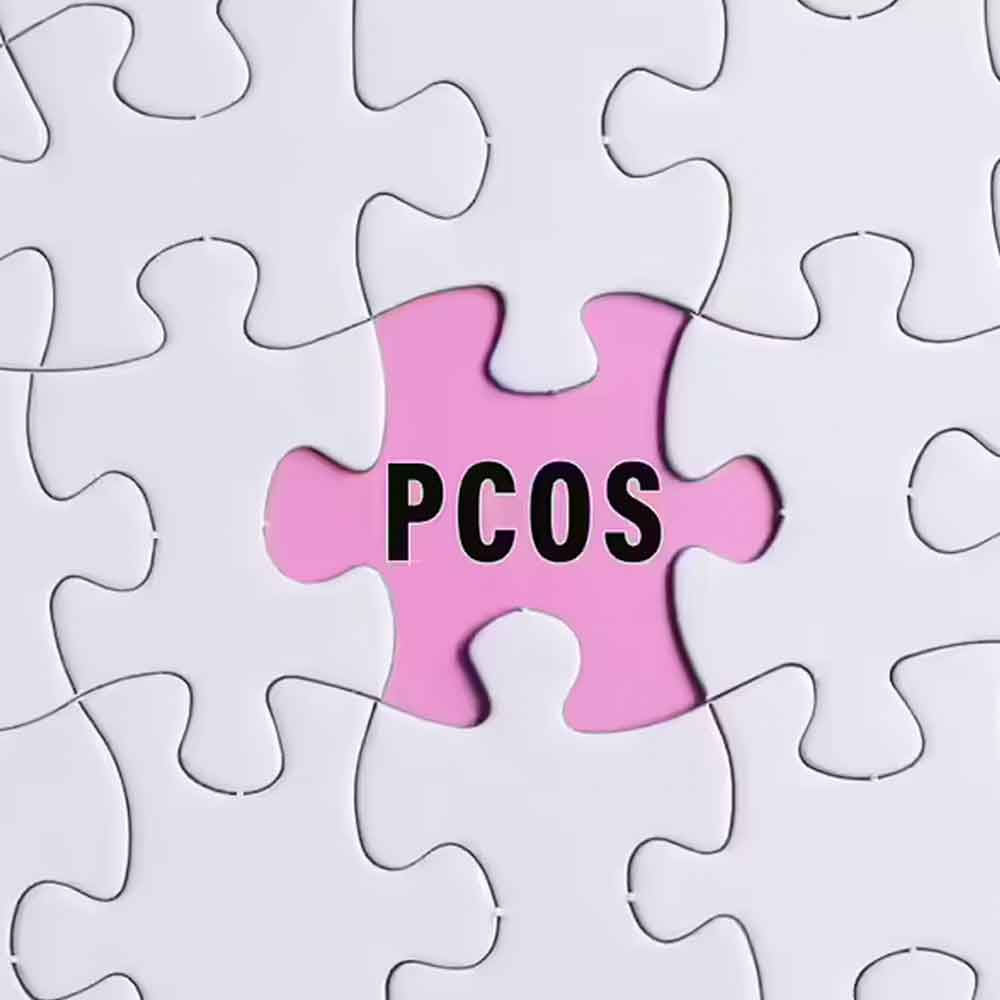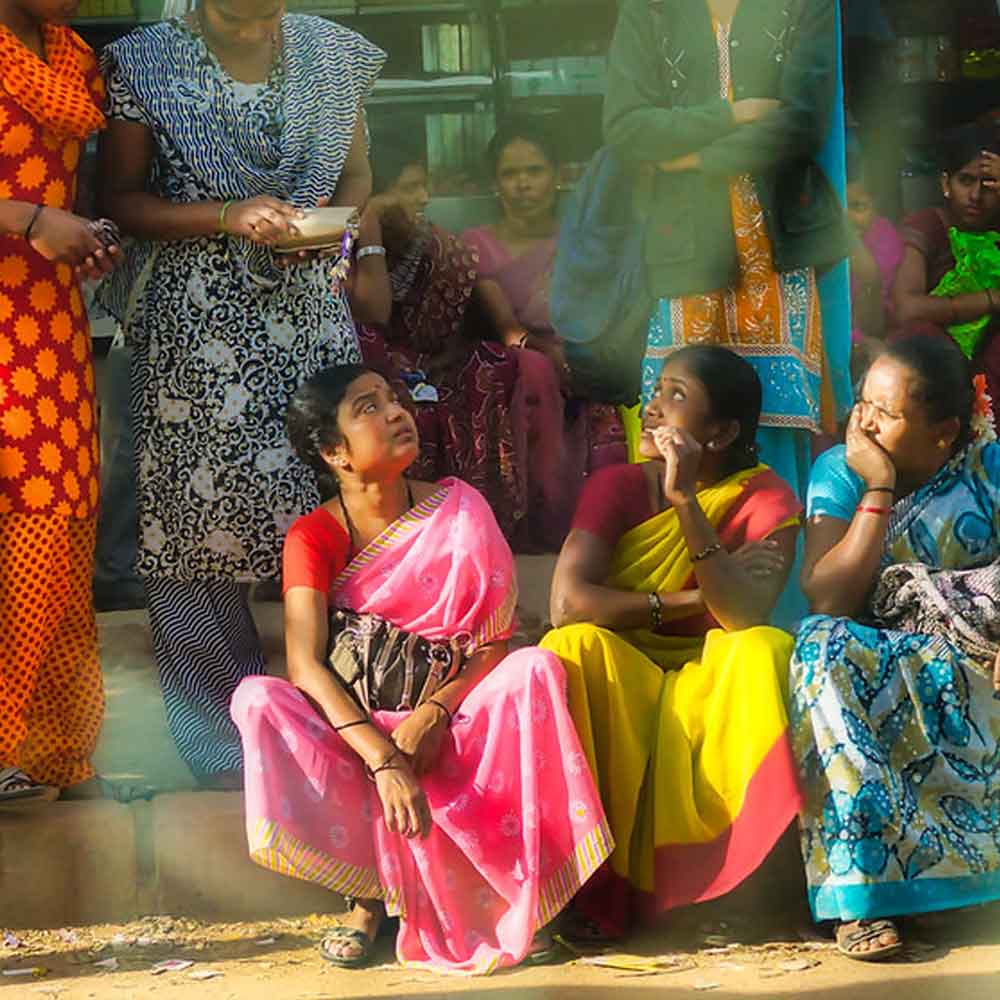September marks PCOS Awareness Month and experts have expressed concern about its rising prevalence and effects on women's health, particularly when stigma and ignorance get in the way of diagnosis. About one in five young women in India suffer from polycystic ovarian syndrome (PCOS), which affects 6 –26 per cent of women worldwide. It is frequently misdiagnosed even though it is one of the most prevalent hormonal illnesses. According to experts, an alarming 70 per cent of cases are still undiagnosed.

Infertility, weight gain, acne, excessive hair growth, and irregular periods are all symptoms of PCOS, a hormonal disease. It goes beyond reproductive problems, raising the risk of insulin resistance, type 2 diabetes, cardiovascular disease, and potentially endometrial cancer. It is frequently identified by fluid-filled sacs on the ovaries.

PCOS is strongly associated with low-grade inflammation in addition to genetic, environmental, and lifestyle variables. A poor diet, inactivity, stress, and obesity can cause or exacerbate symptoms, even though a family history increases risk. PCOS requires a multifaceted strategy that includes medication treatment as well as lifestyle modifications such stress reduction, diet, and exercise. It should be viewed as a chronic illness with broad health effects rather than merely a reproductive disease.

Experts underline that PCOS has an adverse effect on mental health in addition to physical health, resulting in social tension, anxiety, and despair. In India, the stigma associated with women's reproductive health further postpones diagnosis and discussion.

Preventing long-term consequences and safeguarding women's health requires awareness and lifestyle modifications in addition to medications. The rising incidence of PCOS is a significant public health concern, since India already struggles with the burden of non-communicable diseases including diabetes and hypertension. More awareness campaigns, statewide screening programs, and integrated treatment approaches that address the disorder's physical, mental, and behavioural aspects are being demanded by medical professionals and health activists.
Experts advise women to take preventative action early and seek prompt medical care. India can only effectively address the rising prevalence of PCOS by raising awareness, promoting early detection, and providing comprehensive care.
Image source: The Print, BBCI, Google